Johnboy2978
No longer a newbie, moving up!
- Joined
- Oct 21, 2004
- Messages
- 1,797
- Reaction score
- 30
- Location
- Southwest Virginia
- Website
- www.johncountsphotography.com
- Can others edit my Photos
- Photos OK to edit
I have been approached to serve as photographer for an outdoor wedding in May. Before everyone freaks out and gives me the usual warnings and tries to persuade me not to do it, I'm not asking for that. This would be my 4th solo wedding, and I do have the pre-requisite gear (Pentak K10D w/ backup DSLR body, Sigma ex 500 dg super w/ back up, Pentax 77mm f/1.8 Limited, Pentax 50mm f/1.8, Sigma EX 24-70mm f/2.8, Sigma EX 70-200mm f/2.8, Sigma EX 70mm Macro).
Now all of my previous weddings have been indoors. I've not been hired to shoot an outdoor wedding, so the only thing that I've really thought of so far is potential lighting problems. I haven't accepted the job yet, so I'm not sure of all the particulars. I do know that the couple is having the wedding at their home, b/c they just bought a house (early 30's) and are trying to put money into renovating/repair instead of a "fancy church wedding". I'm not sure what their Plan B is if it rains, as we haven't gotten that far in the discussion yet.
My main concern will be lighting. Assuming the worst case scenario, I'll say they are having the wedding at 12 or 1 and sun will be harsh. The speed of my lenses will obviously not be an issue, but rather toning down the contrast between shooting in bright light and trying to get a nice even exposure will.
I assume that my circular polarizer and ND filter will be of benefit if I choose to do this. What other issues have you more learned ones faced in shooting an outdoor wedding as opposed to indoor? Any comments would be appreciated.
Now all of my previous weddings have been indoors. I've not been hired to shoot an outdoor wedding, so the only thing that I've really thought of so far is potential lighting problems. I haven't accepted the job yet, so I'm not sure of all the particulars. I do know that the couple is having the wedding at their home, b/c they just bought a house (early 30's) and are trying to put money into renovating/repair instead of a "fancy church wedding". I'm not sure what their Plan B is if it rains, as we haven't gotten that far in the discussion yet.
My main concern will be lighting. Assuming the worst case scenario, I'll say they are having the wedding at 12 or 1 and sun will be harsh. The speed of my lenses will obviously not be an issue, but rather toning down the contrast between shooting in bright light and trying to get a nice even exposure will.
I assume that my circular polarizer and ND filter will be of benefit if I choose to do this. What other issues have you more learned ones faced in shooting an outdoor wedding as opposed to indoor? Any comments would be appreciated.


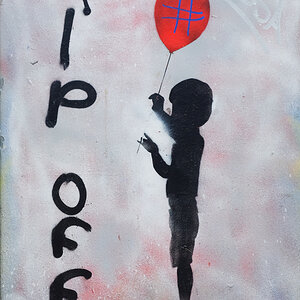
![[No title]](/data/xfmg/thumbnail/33/33490-cbbf9df0a1c31291ee7a3759afe943cc.jpg?1619736003)
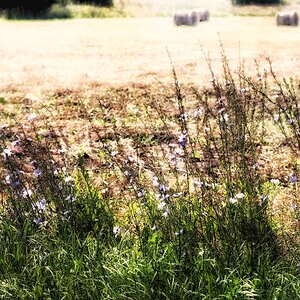
![[No title]](/data/xfmg/thumbnail/34/34139-e52deba745f42ba091907fcc460cd6db.jpg?1619736311)
![[No title]](/data/xfmg/thumbnail/33/33489-cc76e5d22658c0f79ccb4ae9d307610d.jpg?1619736003)
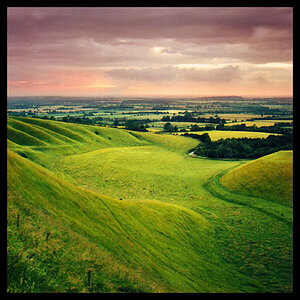
![[No title]](/data/xfmg/thumbnail/38/38740-d1a7721cf77e9309a9b4a4829c65fdd4.jpg?1619738704)
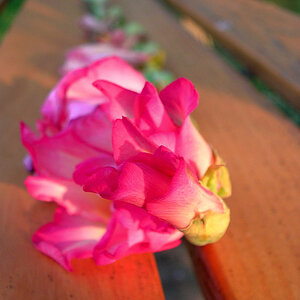
![[No title]](/data/xfmg/thumbnail/34/34142-948c6bafdf60862125009004d5a06e46.jpg?1619736315)
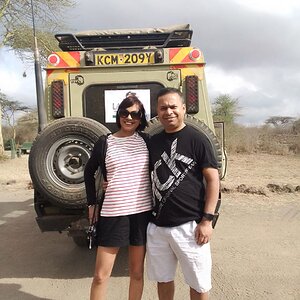
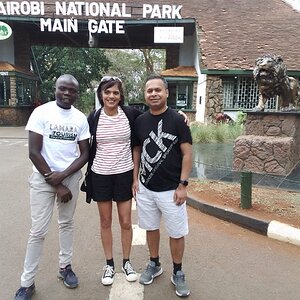
![[No title]](/data/xfmg/thumbnail/38/38737-350089c7ae87f5c983c5362b9b78b671.jpg?1619738703)